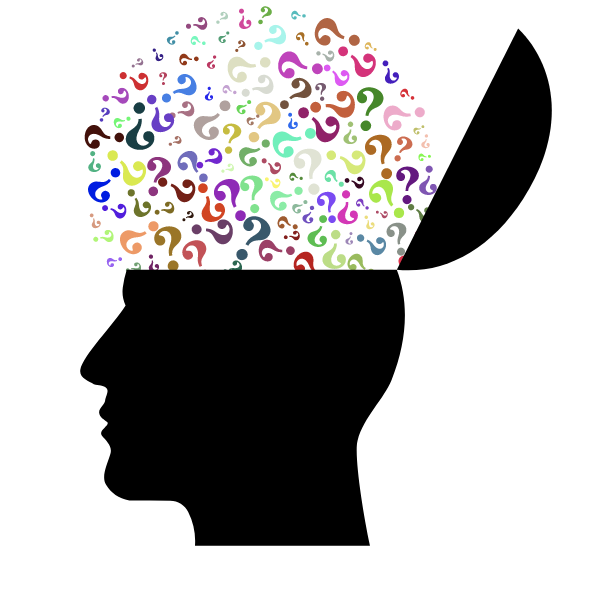Battling high stress levels and heavy workloads has long plagued industries that have some of the most intense work cultures such as law, banking and consulting. Lawyers in particular have notoriously logged long hours performing arduous tasks like document review and contract negotiation. And even as many industries have adopted new automation technologies to streamline processes and make workers more efficient, the legal industry has often been one of the last frontiers to adopt new innovations.
Artificial intelligence has shown promise to finally help the frequent occurrences of burnout within the ranks of legal teams. With AI platforms now having striking abilities to review and negotiate contracts with the same proficiency as a human attorney, legal departments are increasingly turning to tools such as LawGeex, a pioneer of Contract Review Automation (CRA), to significantly reduce the time and effort required to review and revise agreements. Many organizations have even seen an increase in accuracy and risk mitigation as a result of helping to automate the most tedious aspects of the law profession. It’s clear that AI could hold the keys to improving mental health and work/life balance for lawyers. In this article LawGeex’s CEO Noory Bechor shares insight into the burnout that the legal industry faces and how technology could help.
Law is notorious for burnout. What are some of the contributing causes in the workload?
Noory Bechor: The practice of law is one of the most prestigious professions but it is also one of the most intense. It’s synonymous with 14-hour workdays, no weekends and very little work/life balance. Industry-wide, competitive pressures and excessive hours lead to overworked attorneys and extensive wellness and mental health issues.
Most lawyers are drawn to practice law for really good reasons—mostly, to help people and to advance the rule of law. The drivers are there, but the culture that’s been created for lawyers can be relentless and can quickly lead to burnout. Feelings of exhaustion and cynicism about work, or starting to disconnect from work are common indicators of burnout. In more extreme cases, the impact of burnout leads to some of the highest depression, anxiety and substance abuse rates as an industry.
Those of us who have left the profession often refer to each other as “recovering lawyers.” We congratulate each other for “getting out.” It doesn’t need to be this way.

How has technology changed the way that lawyers work in recent years?
NB: Lawyers have a reputation for being notoriously anti-tech, but the reluctance to adopt new technologies in the legal sector is fading as technology proves to increase accuracy, consistency and efficiency. We’ve seen more advancements in legal technology in the last 5-10 years than we have in the last 100. The rise of AI and automation, blockchain, data visualization and analytics has made tremendous strides in recent years, and 2020 in particular forced us all to embrace new technologies to survive while working remotely.
Still, the legal industry remains inundated by work performed by humans that should be handled by technology. Misconception about how AI works; robots replacing people; still requires input from people to work properly. Automation may not be as sexy as other legal technologies, but the ability to transform how basic administrative work is done certainly is.
Advancements in technology bring with it enhanced accuracy and efficiency. The more attorneys are able to embrace technology and see it as a tool vs a replacement, the more they will be able to break free from the work that brings such dissatisfaction and keeps them in the office for 12+ hours a day.
How much of a lawyer’s time is approximately consumed by document and contract review and how can AI reduce the most tedious parts of the job?
NB: It’s typical for in-house counsel to spend about 50% of their time reviewing everyday contracts manually. The reason we started LawGeex was to alleviate the pain of manual contract review using artificial intelligence to automate the process and help lawyers review routine contracts in a faster, consistent, more cost-effective manner, without compromising quality.
Using technology to automate the routine and repetitive aspects of the legal practice can be the antidote to lawyer burnout. Empowering lawyers with technology that saves time, streamlines processes, and makes work more impactful, can contribute to a better work-life balance and help lawyers relieve the pressures of getting work done quickly, without compromising on quality.
What are some of the positive impacts AI and automation is having on workplace culture in law?
NB: The heavy workload and long hours culture in the law can be detrimental to lawyers’ wellbeing – they need time to relax, recover and see friends and family. Happy lawyers are better lawyers.
Employee burnout is real, and the pandemic has illuminated how modern work should evolve.
By harnessing the power of technology, lawyers can alleviate the burden of completing repetitive tasks, which often results in lawyer dissatisfaction and high turnover rates. Lawyers expect to do high quality legal work, and technology can help to attract and retain talented lawyers by improving focus on strategic high-level work and freeing up their workday and leading more balanced, meaningful lives.

